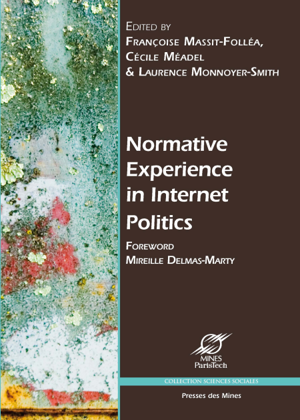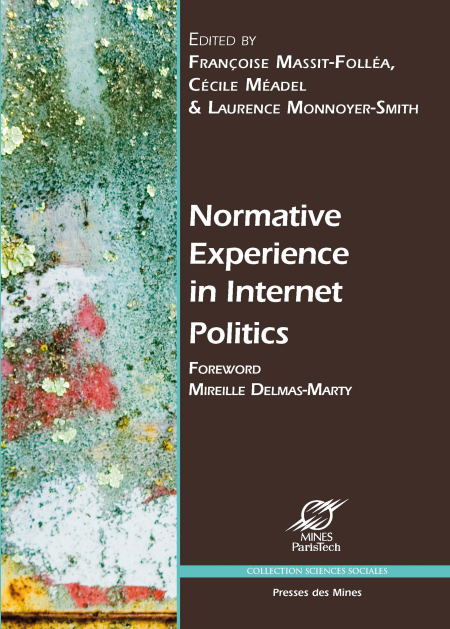
- Afhalen na 1 uur in een winkel met voorraad
- In januari gratis thuislevering in België
- Ruim aanbod met 7 miljoen producten
- Afhalen na 1 uur in een winkel met voorraad
- In januari gratis thuislevering in België
- Ruim aanbod met 7 miljoen producten
Normative Experience in Internet Politics E-BOOK
plurality and confrontation
Omschrijving
The ways in which the Internet is managed and controlled -often labeled as Internet Governance- are usually considered as standing on four main pillars: Technology, Market Laws, State Regulation and Uses. Nevertheless, its specific features, the consequences of the plurality of norms it involves and of the decision-making processes it entails are rarely addressed in a comprehensive analysis. This book explores the Internet’s functioning both as a practical-intellectual experience and a political challenge. By means of several case studies, it proposes a substantial and reflexive treatment of multileveled, formal or informal Internet Politics. The book’s overall endeavor is to outline an understanding of what is -or may be- a “digital common good”. The authors are members of a European academic team gathered by the Vox Internet research program’s meetings. They adopt a multi-disciplinary approach, embedding technological innovation in the field of social sciences (communication studies, sociology, law, political science and philosophy).
Specificaties
Betrokkenen
- Uitgeverij:
Inhoud
- Aantal bladzijden:
- 265
- Taal:
- Engels
Eigenschappen
- Productcode (EAN):
- 9782356710871
- Verschijningsdatum:
- 15/04/2013
- Uitvoering:
- E-book
- Beveiligd met:
- Adobe DRM

Alleen bij Standaard Boekhandel
Beoordelingen
We publiceren alleen reviews die voldoen aan de voorwaarden voor reviews. Bekijk onze voorwaarden voor reviews.








